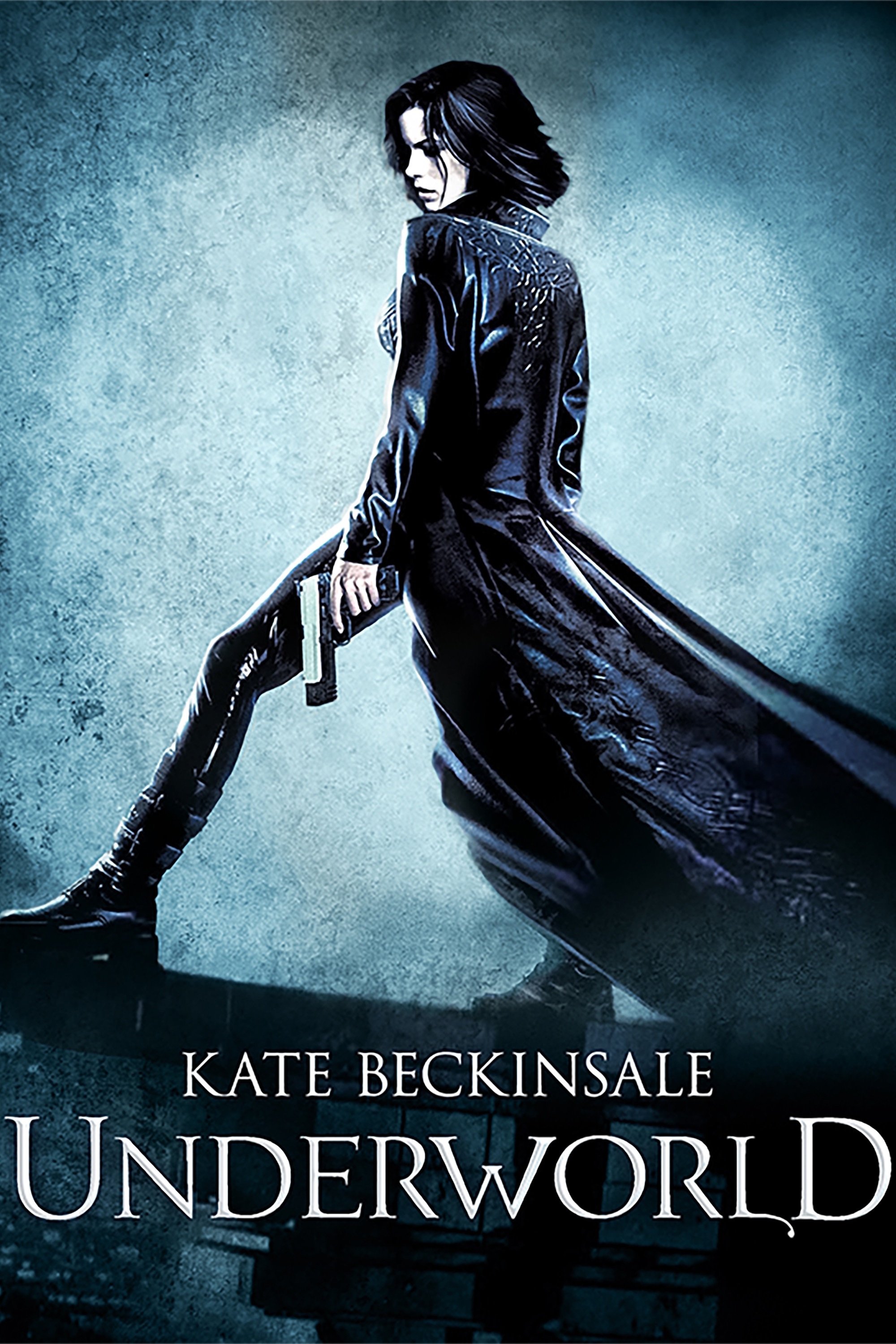

In the case of “Pistol,” rebellious acts, icy glares, and the like veer toward corny branding, all the more so when some character pontificates about revolutions. Just look at, of all things, how “ Solo: A Star Wars Story” struggled with its central task of recreating the fresh cool of Han Solo, and was stuck with impersonation. But it leads to a major problem with the series’ attitude, in that it’s so difficult to replicate a genuine cool in an origin story for a mass-marketed rebel. His performance captures Johnny’s wide-eyed intensity and unpredictable wrath, never sure if a creative idea is going to piss him off or earn his praise. But even he comes close to quitting because of an apprenticeship he’d rather spend time on.Įnter Johnny Rotten, the “street poet” of the series, played like an angry Sheldon from “The Big Bang Theory” by Anson Boon. Again, no original songs and not much musicianship to their name, aside from the drummer Paul ( Jacob Slater) whose parents are so supportive they host his drum set in their bedroom.

Some changes are made to the lineup, including Steve becoming the new guitarist who has to teach himself (spectacles guy gets the boot), now living in a dingy workshop in the Bowery where the lead singer of Badfinger recently hung himself. When he's soon caught and thrown in jail, his life is saved in court by a flashy, pompous manager named Malcolm McLaren (a theatrical Thomas Brodie-Sangster) whose ultimate plan is to syphon Steve’s anger and hunger into a rock 'n roll revolution.īased on Steve’s story, “Pistol” makes no qualms that the band was most of all a managerial concoction, assembled by someone who dresses sharply but wants to disrupt the system and burn it all down, or so Malcolm says in the press.

If he has to steal amps and gear from the local venues in the process-including a microphone, with Bowie’s lipstick still on it-that’s a part of this passion to make something of himself. But Steve believes that they're going to be the next big thing. They don’t really have any originals except for a chorus inspired by his abusive stepfather, and their guitarist wears glasses. The show’s erratic emotional focus begins with Steve Jones ( Toby Wallace), the original lead singer for a quartet of wannabes he has named The Swankers. Boyle films the whole of it with a lot of grain and unpredictable editing, as if this were the kind of biopic he would have been made if he could time-warp back to 1977 when they made their one album, Never Mind the Bollocks, Here’s the Sex Pistols. “Pistol” charts the growth of Sex Pistols as an antidote to the conservative ideals of 1970s Britain, a mutating beast that had different band members and roles, and one that became more and more about the image than the music. For all the angst that the London-based band expressed with their locomotive power chords and the hypnotized wails of Johnny Rotten, their saga just does not owe to a must-watch narrative, at least in the writing of creator Craig Pearce.


 0 kommentar(er)
0 kommentar(er)
